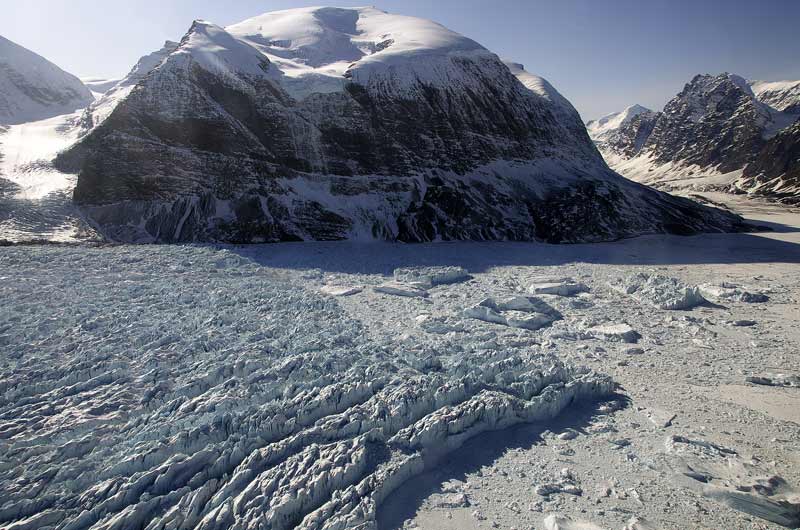Science News
May Warming
May 28, 2013
by Molly Michelson

A collection of climate change headlines from this month…
Earlier this month our planet hit a milestone number: 400 parts per million. That’s the amount of carbon dioxide in our atmosphere. From the Elements blog in the New Yorker:
…the number should shake us, if not shock us. We’ve got more carbon dioxide in the atmosphere now than at any point since the Pliocene, when there were jungles in northern Canada.
What this means for life on Earth is measured, modeled and forecasted by scientists every day. But there’s no doubt that the rise in CO2 is causing global warming. Long gone is the argument that scientists disagree on the matter. A paper published two weeks ago in Environmental Research Letters, determines once again that 97% of researchers agree that current climate change is human-caused.
Melting Ice and Rising Seas
We’ve mentioned the effect of melting Arctic sea ice to sea level rise around the world. A study this month demonstrates that continental glaciers (such as the Greenland one, pictured above) will do even more damage. In fact, another study notes that as glaciers melt in Greenland, the locations of Earth’s poles are changing.
Plants and Animals Feel the Effects
Other recent studies examine the effect of climate change on plants and animals around the globe. Traditional wine-growing locations could be too warm to support vines in the near future. Living in the Arctic, polar bears’ immune systems aren’t as robust as organisms living in warmer climes. With the region warming, researchers are concerned that the iconic white bears could be more vulnerable to disease. Another recent paper reveals that fish and other ocean life are moving toward the poles to escape warming seas. Finally, another paper this month explains (once again) that more than half of common plants and one third of animals could see a dramatic decline this century due to climate change.
Extreme Weather
Can we use Australia as a model of the extreme weather we may see as global warming continues? Time will tell. But even though scientists determined that climate change wasn’t a factor for the recent devastating tornado that hit Oklahoma, scientists believe that future tornados could be more damaging thanks to a warming Earth. Deaths due to heat waves in New York will also increase with climate change, according to a paper last week in Nature Climate Change.
Warming Slowdown?
Another paper last week purports that the world is warming slower than expected and that perhaps we will have a second chance. Will we use the time wisely and reduce our CO2 emissions? What do you think?
Image: Michael Studinger/NASA